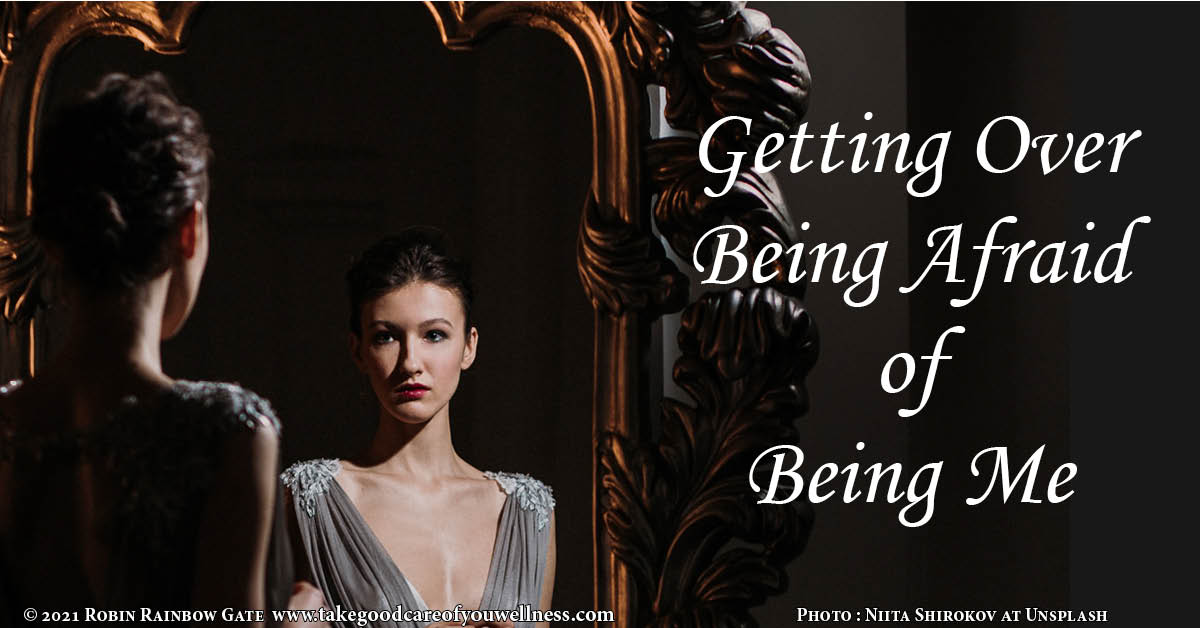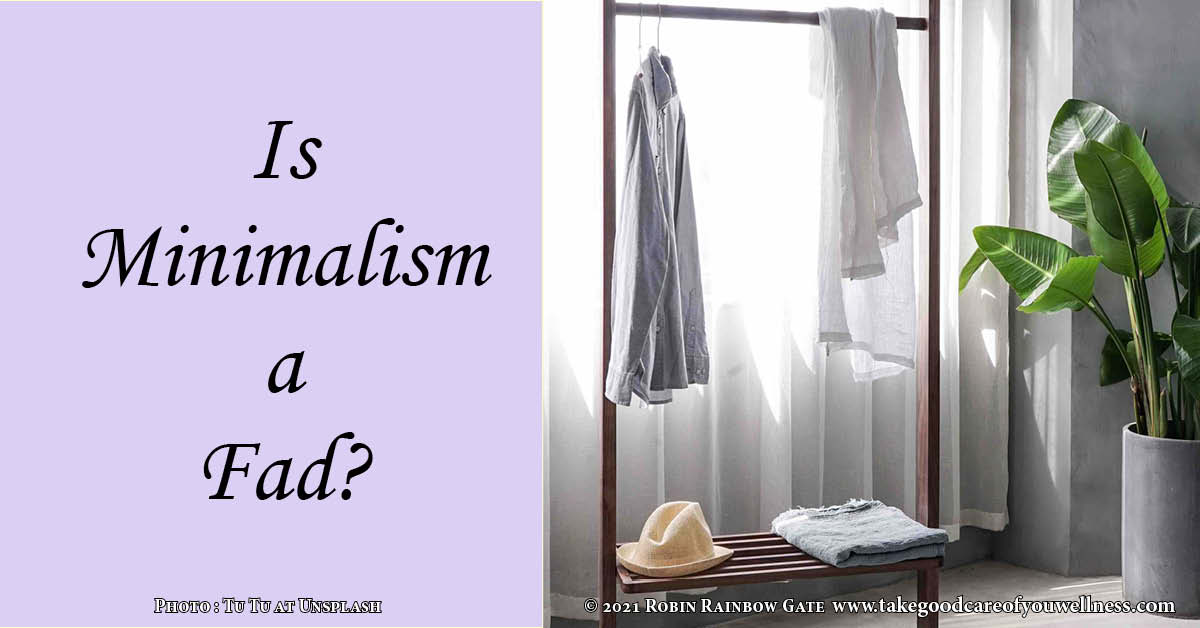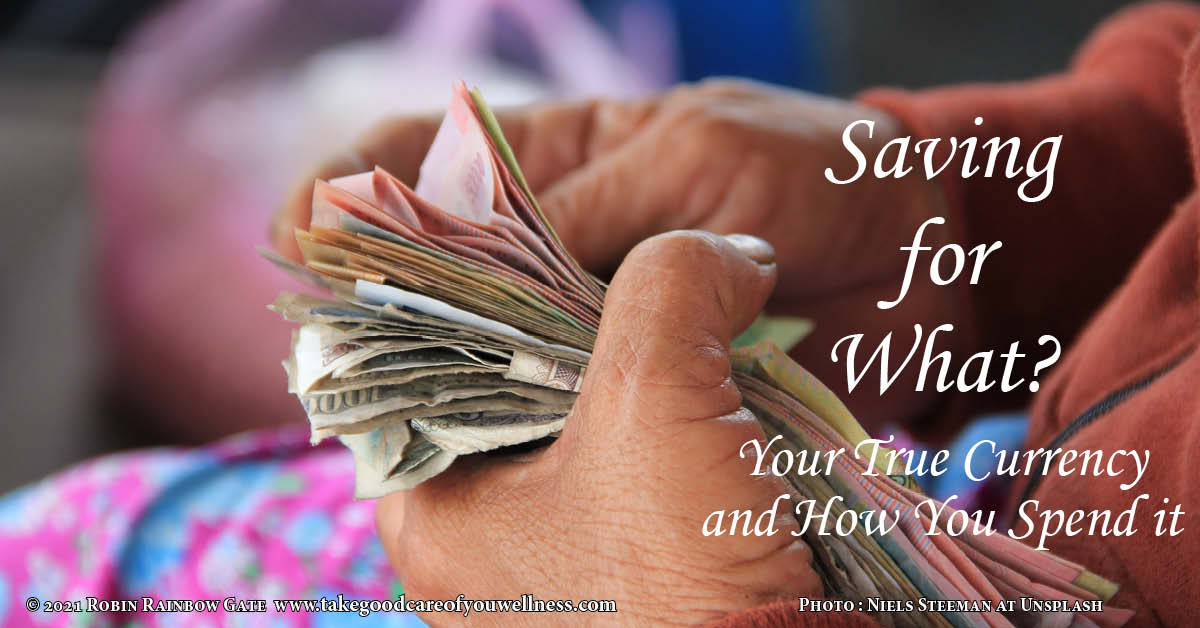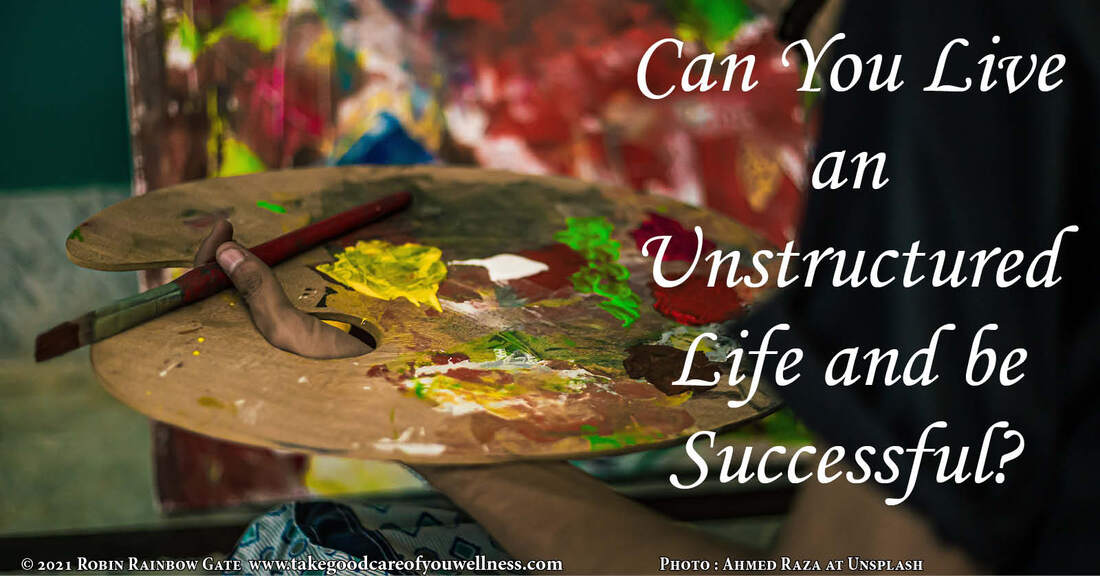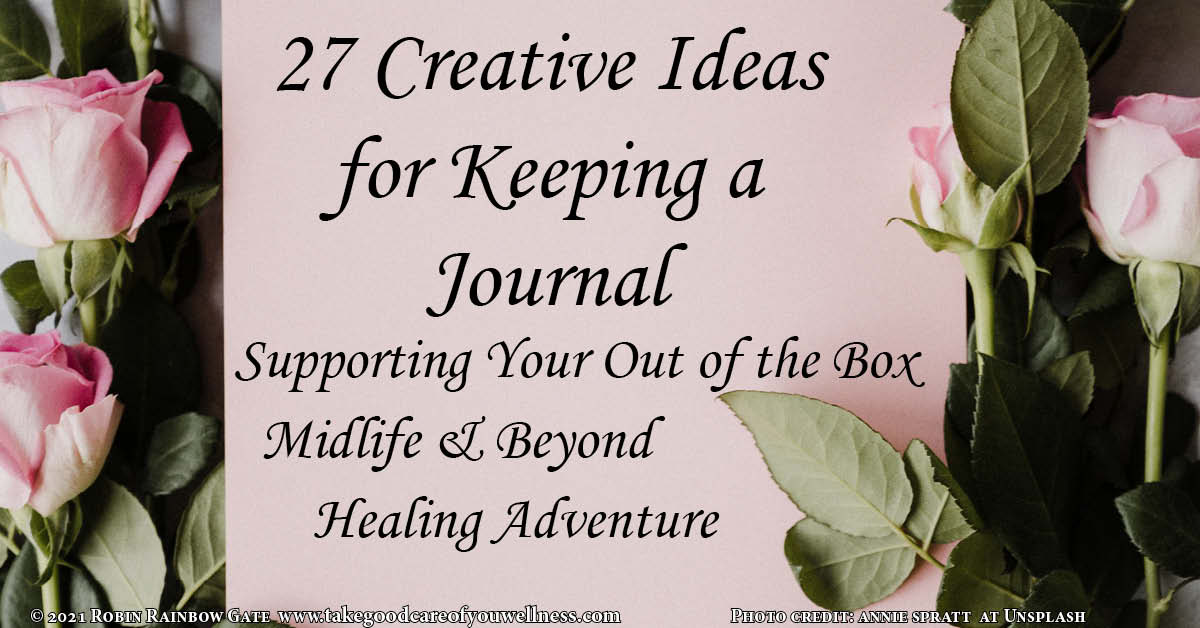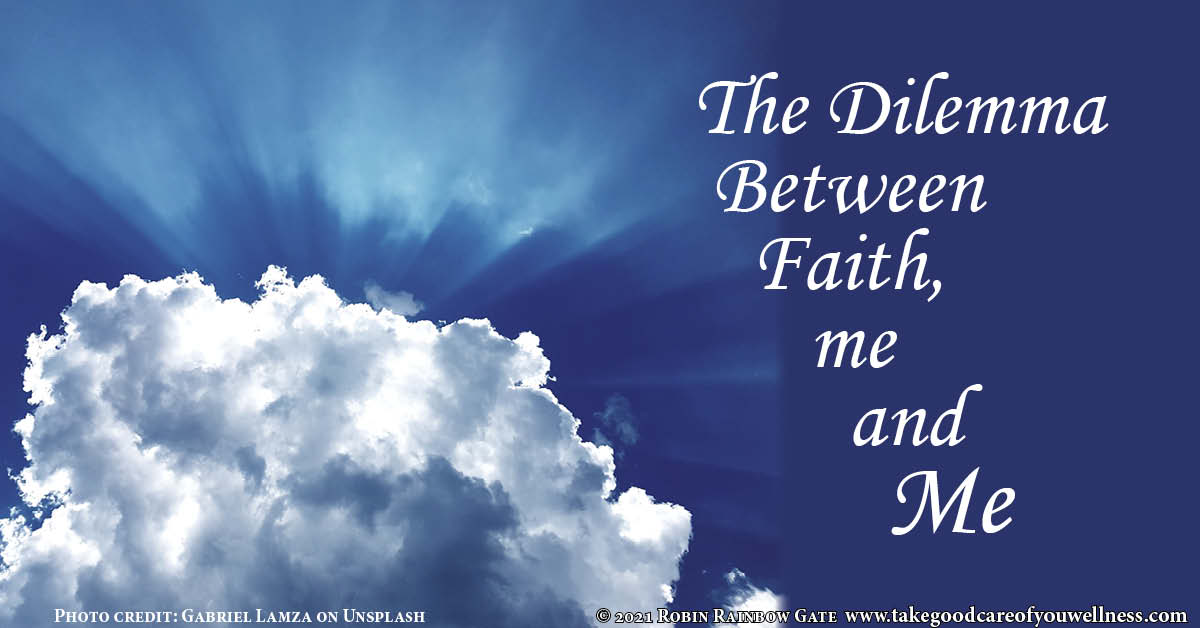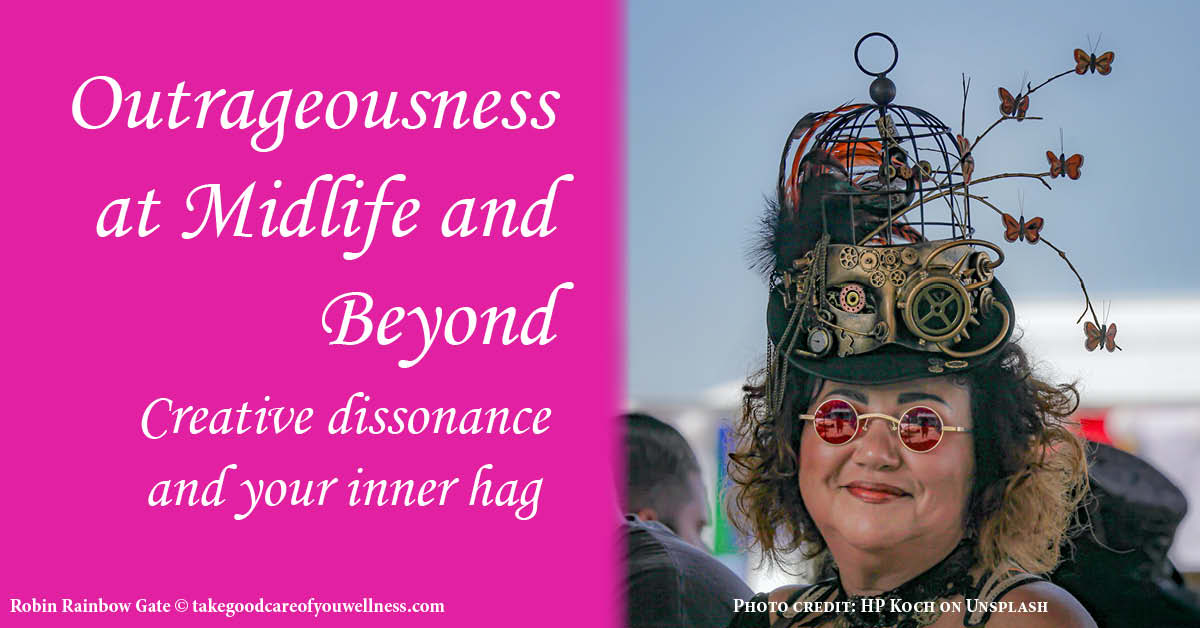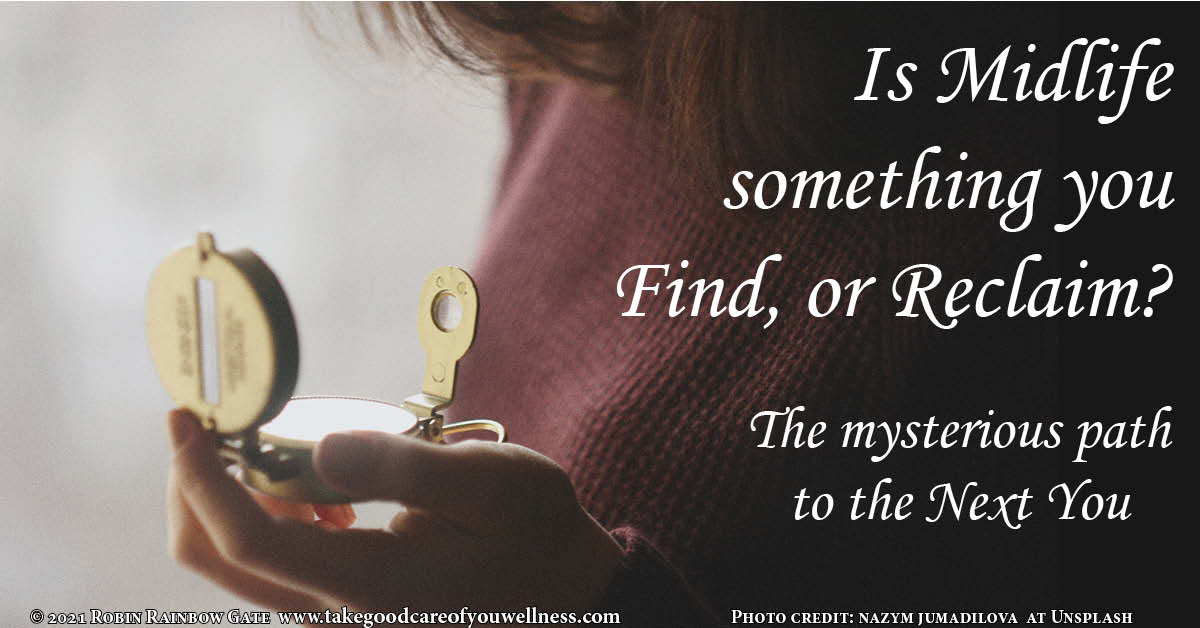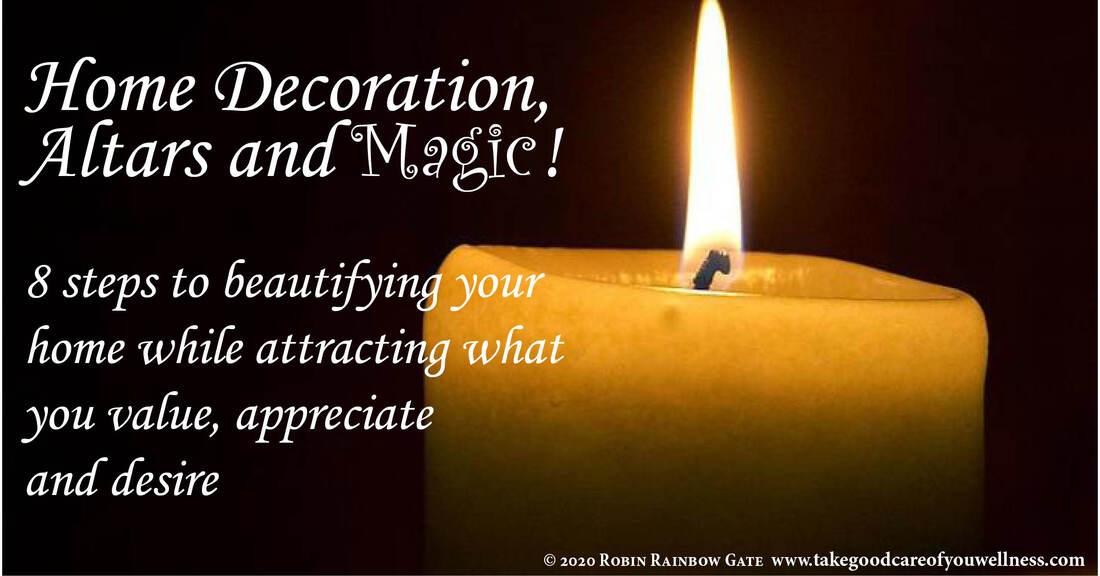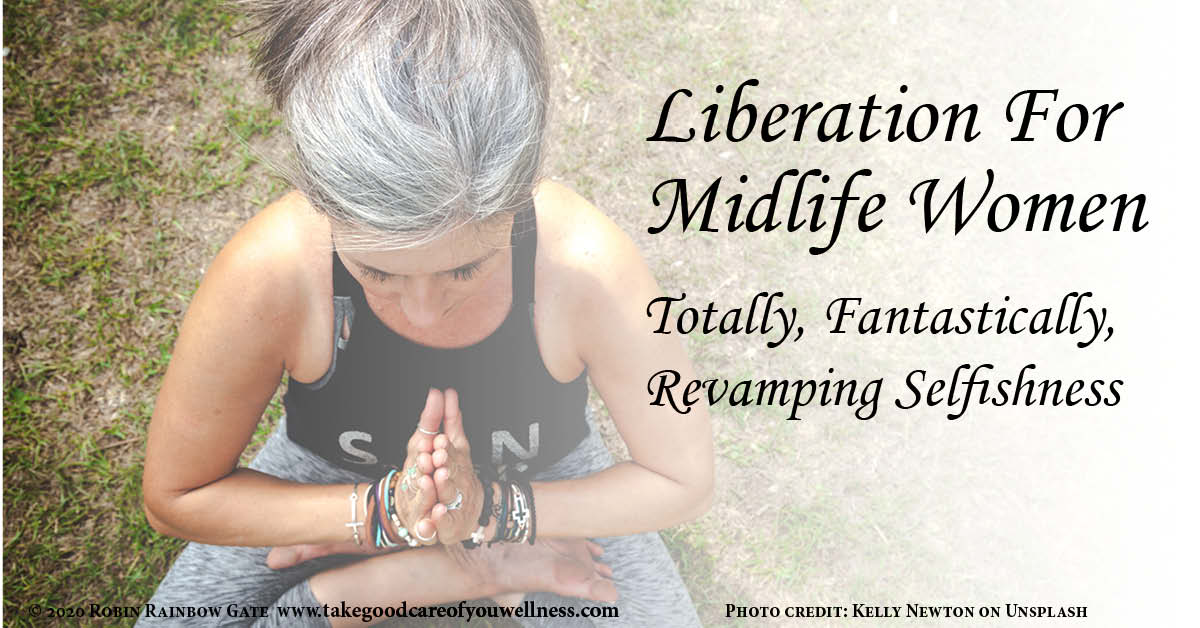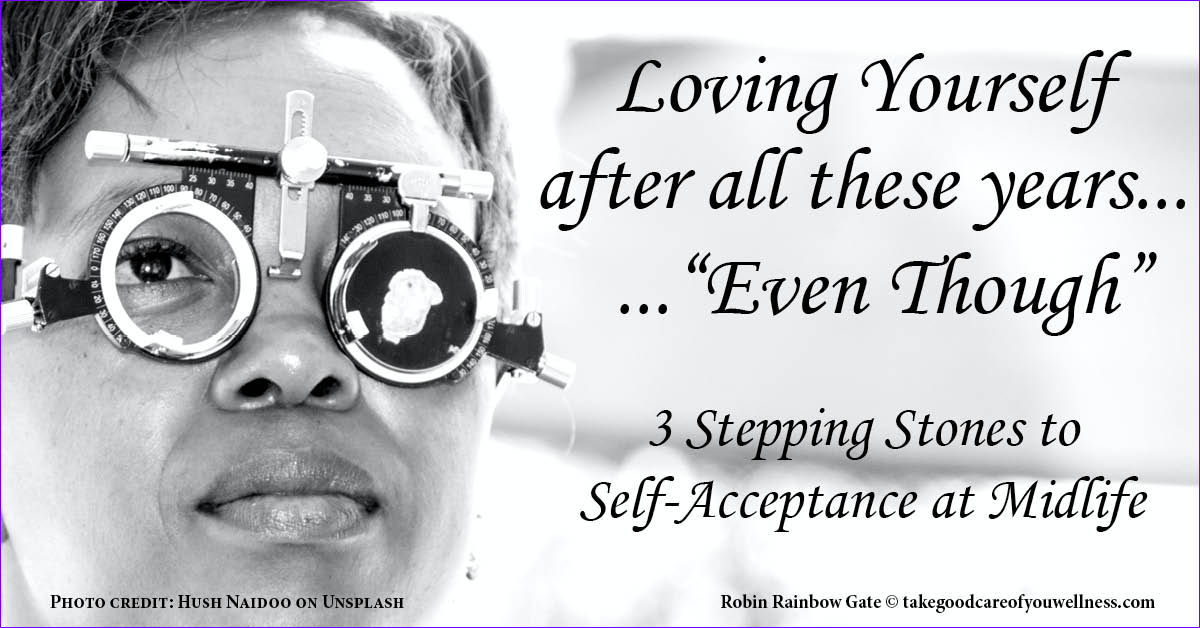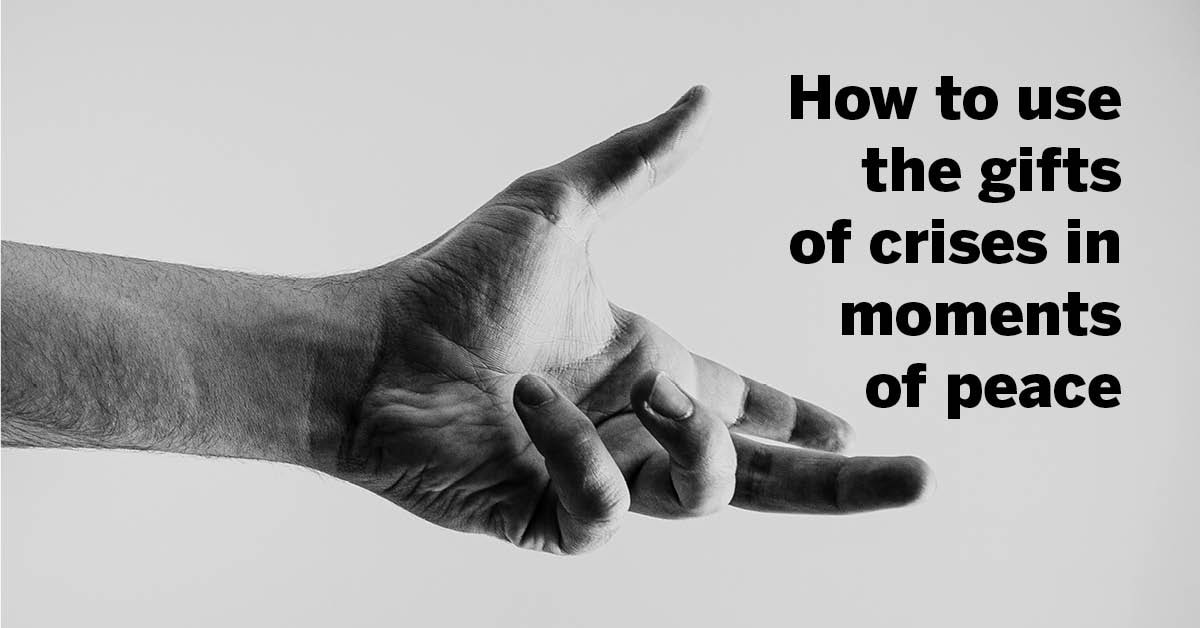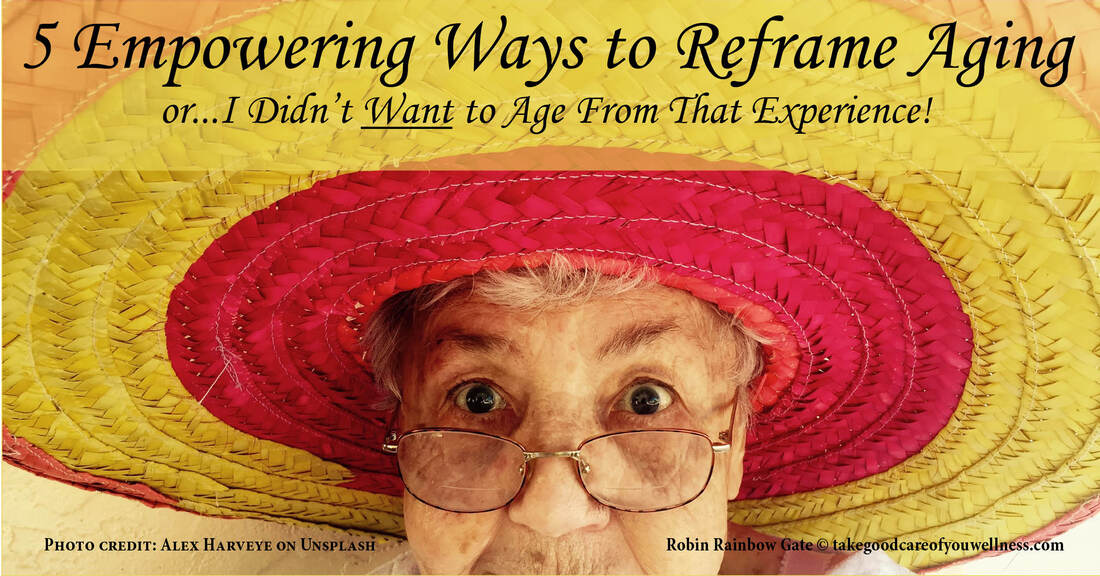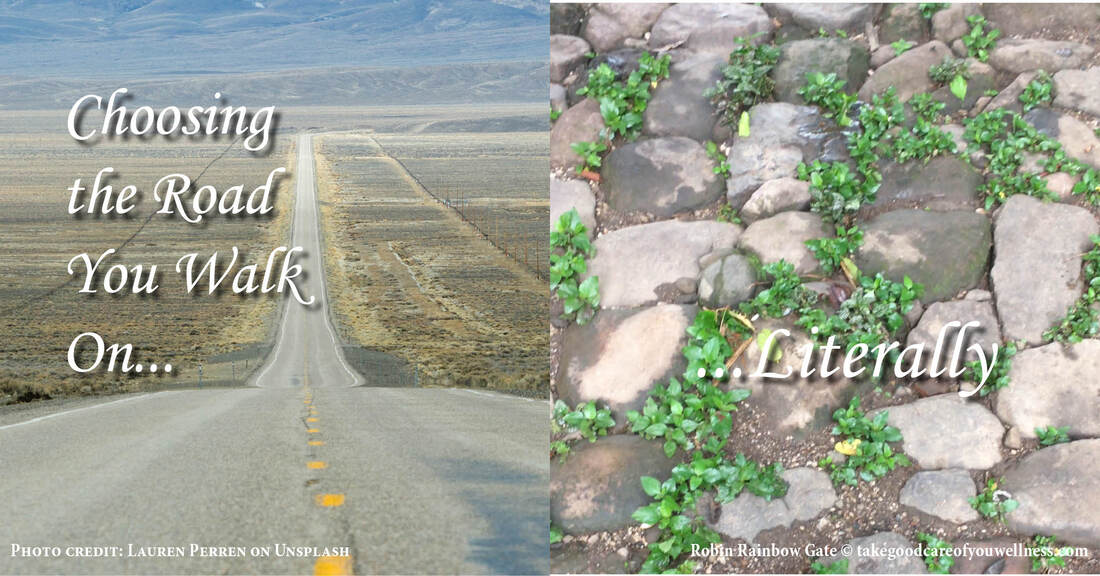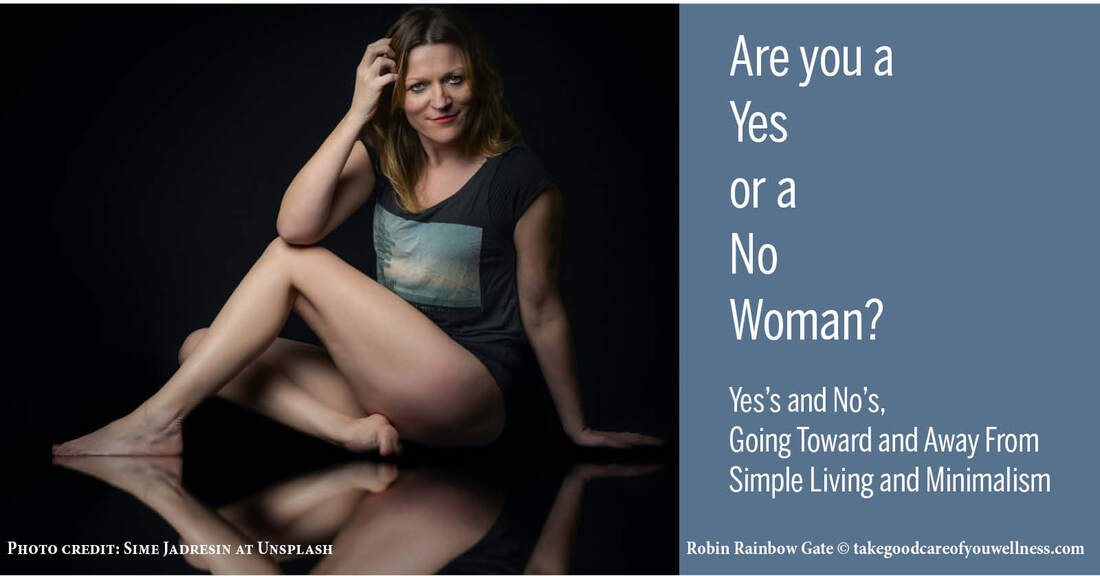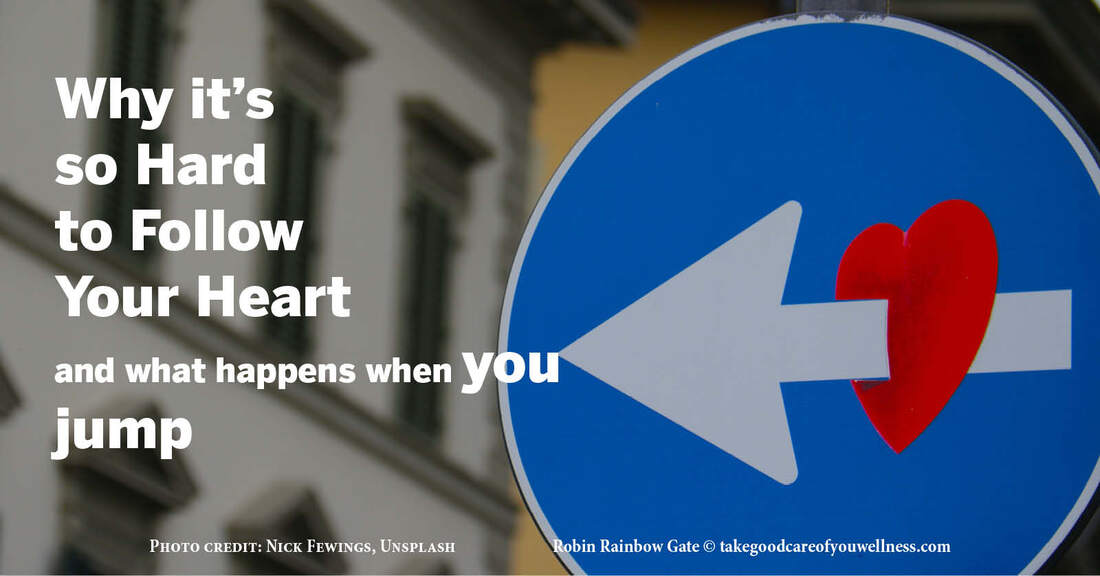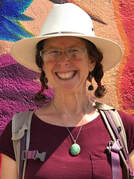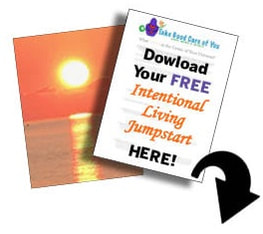|
I spend my life taking care of myself, while feeling shame and anger that I have to work so hard to feel safe, balanced and well. I continuously humble myself before various aspects of Divinity, doing my very best to come to peace with being human and being mortal and with the ephemeral nature of life on the physical realm.
0 Comments
Recently someone asked me if I thought Minimalism is a fad.
First of all, I live simply, consciously, because it matches my values, one of which is living in integrity with my values! To me, the term “Minimalism” smells like embarking on actions that will be prohibitive and draining of life’s colors. That said, as someone who has chosen to live simply for decades, I do feel authorized to respond to the spirit of the question. I have realized I am a saver. Frugality gone haywire.
Sometimes I have dreams in which I want to go somewhere but I don’t believe I have, or am not willing to invest what is required in order to get there. The other night I had one of those dreams again. I woke up with inner disturbance. In the dream, I was ready to go back to school, only it was a journey to get there. I didn’t have my own transportation. I was trying to figure out how I would get there. I remembered the school bus from when I was in high school, but I didn’t know if that was feasible. Riding my bike was doable but would be a lot of energy and time. School was a distance away; in order to arrive in time, I’d have to leave very early and I might arrive late or not even make it. I was asking some people if they’d drive me – I was depending on others to get me to where it was time for me to go, and they weren’t offering. I think everyone is different, so I don’t feel I can generalize that one can or cannot live an unstructured life and be successful.
That said, I can speak from my experience: First, know that Freedom is a primary value of mine. Someone recently asked, “Do you journal? What do you write in it?”
I began journaling when I was 15. Journaling is how I developed into the writer that I am. It is also how I got to know, express and process my life. There are many ways to journal and I have experience with a number of them. It was during the filming of my short documentary “The Curandera of Teotitlan del Valle” in 2006, that I first heard of the importance of faith in healing, in Mexico.
The curandera (traditional medicine woman who heals with plants) said it’s faith that matters in healing. She offered that If you have faith, your ailments will go quickly so that other good things can come in. Without, they won’t. My parents were both artists. I loved my dad’s bronze, emotive sculptures. My mom’s artwork, however I didn’t appreciate.
Oh, I appreciated that my mom was a passionate, creative woman who welded, sculpted, designed one of a kind jewelry and painted into the wee hours. I loved having a studio in the house with access to all sorts of materials, learning and creative expression. What I didn’t appreciate was my mom’s outrageous concepts, compositions and color combinations. When I was diagnosed with low thyroid function, I began to entertain the idea that I was now a flower wilting into middle age, that maybe I justcouldn’t do and sustain everything anymore. I considered that maybe at this point in my life I actually needed to slow down and do less in order to feel clear and connected. I considered that I was being carried along toward my own death, that this was part of the natural cycle and winding down of life. e notion of living a life in connection with myself and the Divine was relieving and calming.
Did you ever consider that you could beautify your home while attracting what you value, appreciate and desire? Our homes, the spaces we inhabit and which hold and protect us, have the capacity to also be sacred energy portals for our dreams and intentions. Altars are one place where practicality and "woo" meet. Altars and Home Decoration
For me, altars are part of how I decorate my home. At the same time, altars honor, proclaim, and remind me of who I am and what I love. My altars also serve to organize and categorize my various interests and values. Practical yet powerful and yes, magical. Doesn't that sound easy and fun? How exactly do altars make your living environment a personalized projection of and magnet for what you appreciate, value and desire? What is selfishness?
Paying attention to yourself at the exclusion of others? Others may balk, argue with or judge your new behavior, if they’re accustomed to being the focus of your loving attention and care. It may feel to them and to you cruel and drastic – but is it? Or is it just a shift in how you use and direct your precious life force energy? I didn't know I'd be experiencing a new level of self-love when the other morning I felt led to walk to a place I treasure but don’t often go to. First, I don't go often because it’s so close and too easy and short a hike. Second, I haven't been going because right now with the rains, the river has been flowing and uncrossable (unless barefoot).
But I felt called, so I went. I found myself walking slower than normal, which means more mindfully – which to me is a good thing. Despite having had months and even years here in Latin America to simply sit and be, and even though I have done a lot of that, I still tend to be in my head, racing along both mentally and physically, thus missing out on experiencing the moment directly and consciously. So, walking slower and seeing more on this morning, was a wonder. The path was clear, the foliage in its full greenness. I felt, as I have almost every time I’ve gone walking out on the mountain trails these past 13 years in Mexico, that I was on a new path, one I had never been on before, although that was far from the truth. Assume nothing and release
Ever since the earthquake in 2017, I don’t pull the keys out my pocket until I’m literally at the door. There’s nothing like emergencies to bring us back home To the present moment To what’s really important To the tenuousness of life Most of all, though, crises make me take nothing for granted. Not taking things for granted naturally implies appreciation for what is: Our lives, our health, our homes, our families and friends. Money, freedom, abilities, support and meaningful lifework if we’re so fortunate. But when I think about not taking things for granted, I mean not assuming or expecting anything to remain the same. Do you ever look in the mirror and say, “What?? When did I start looking like an older woman? Shit!”
It happens to me periodically. More and more. I recognize less and less the person I see reflected. What to do about those new gray hairs? Have you noticed new ones appear suddenly and then seem to fade away, until the next wave? I attach meaning to every influx of silver streaks. I see them as evidence of recent struggle or of triumph. Two sides of the same coin. The Price and the Gift of Time I feel I earn each gray hair. I treasure them as trophies, little gifts and reminders from Time. That yes, life is passing, and while my time on earth is shortening, I am learning and the tradeoff–is so worthwhile.
It’s so easy in the States. It is comfortable, physically. Walls are smooth, carpets offer cushion, water runs endlessly from the faucet.
Yet, this is exactly what troubles me about the luxurious life. Separation from the root source. Why is this important? Hasn’t our whole culture built itself with the idea and goal to hide nature? To surpass her? Impossible of course, as EVERYTHING is nature, and comes from nature. Besides the obvious like trees and birds – how about Yes's and No's
When I was growing up, we didn’t talk about feelings in my family. It was as if they didn’t exist – except for happiness and maybe a little sadness. When my mom reached midlife, however, I could tell something was brewing. She seemed more angry and less tolerant–in a good way. Good because these hot emotions weren’t directed toward her daughters, and good because she shared some of them with us. And mostly good because midlife was leading her to set limits, consider her wants and needs at the risk Following your heart. It’s the second invitation in the subtitle of my memoir.
How did “Following Your Heart,” earn its prominent place? What’s so important about following our heart? More important: Why is it so hard to do? What gets in the way? One piece is, as we grow up and move through the ranks of formal education, we are trained Yesterday, sitting amongst an intimate group of women in their thirties, one of my students asked me, “Does life keep getting better?” I closed my eyes and paused, searching within for my true experience. The women groaned, interpreting my silence as, “Uh oh, bad news.” I explained to them that the question is a profound one, and that I needed time to locate my response.
After my students left and over the next several hours, I found myself continually returning to the question. First, it was interesting to me that already their experience was one of improvement every year of their lives. Did I view my life that way? A good starting question for me was, “Define better.” I have spent my adolescent and adult life in search of understanding and experiences that are healing and transformative. “What would need to have happened or be happening in order for me to feel my life is getting better with time and these efforts?” I asked myself. I’d need to feel an overall lightening, more joy, ease, sense of freedom. Gladness to be here on the earth in my body with my personality and essence. Does anybody else’s life seem as ironic as I perceive mine?
A workshop is offered for female empowerment at a great price and at a place I love. There is nothing I want more now than to be the empowered Me. I’ve been sick for two weeks. I can see all the reasons why I “should” go. And when I imagine it, I feel tired and that it will be a drain on my energy. Do I choose to push and do what I think I “should” again? Draining my life force energy even more and once again? It is the way I’ve always done things. Push and try to be “good” and “right”. My credence has been: Have no limits. Or I could say “No,” and stay home and recuperate and be gentle with myself, maybe a small quiet walk with a friend. That feels like a relief. The irony for me is that I have an idea of what I “should” do to become Empowered Me. And maybe it isn’t really so. Maybe the empowered me says, “No thank you,” and trusts myself and my body and what feels gentler and kinder, “even though”. Maybe this idea of doing what I should, this doing at all, is part of that patriarchal value inside of me around doing-equals-success. What if the empowered thing is to listen to myself, stay home recuperating and nourishing myself. No matter what anyone else thinks or says. That is the empowerment I do want. I recently was asked this question and as a person who left a great career after the sixty hour weeks affected my health, it touched home. While I've been living a consciously simple life for twelve years and enjoy the time and freedom to engage in activities that I want to do, which nourish me and which I feel passionate about, I still have a propensity to workaholism. That said, with my sombrero and Wellness Coach hats on, here are my suggestions:
1. Create a schedule that includes everything that is important to you - rest and sleep, eating well, exercise, relaxation/spiritual practices, fun, socializing, as well as the tasks you are obligated to. Count the “non-work” items as as important as the others and take the fact that they’re on your list seriously. Depending on you, what works for you, what you need at this time, the schedule can be loose or tight or somewhere in between. For instance, there may be certain tasks that must be done at specific times: picking someone up, a meeting, taking medications or eating at specific times. Everything else can be fit in between those. Somedays there may be no time-related tasks. On these days, if you feel you can trust yourself to not just do the obligatory tasks or only do the self-care tasks, then you can flow. If you choose a flow day, look at the schedule at the start of and throughout the day to keep in mind what you’ve committed to for that day and check them off as you do them. If flowing is too unstructured for you then you can also schedule everything in. Be literal and keep track of your time. Allow for 15 minutes leeway for unexpected occurrences. Check items off the list as you do them no matter how you choose to structure your day. I suggest making the list for the next day the night before and really looking at what will be When I started living simply, in according to my values, I was shocked to discover there was a movement in the states called Voluntary Simplicity that dealt with the same issues.
I formed a Voluntary Simplicity support group in the city where I lived which lasted over eight years. Now it is twenty-five years later and “Minimalism” has replaced Voluntary Simplicity. I am not a Minimalist in that I don’t aim to have nothing. The principle we offered and shared in our support group was more about following your heart, discovering who you really are, what you really want and are passionate about - and then have the “things” you need, if any, to support that. There is no judgement about what that passion is. It could be sailing around the world - in which case a large, good quality, safe boat would be idea. That is appropriate, not a bad thing! 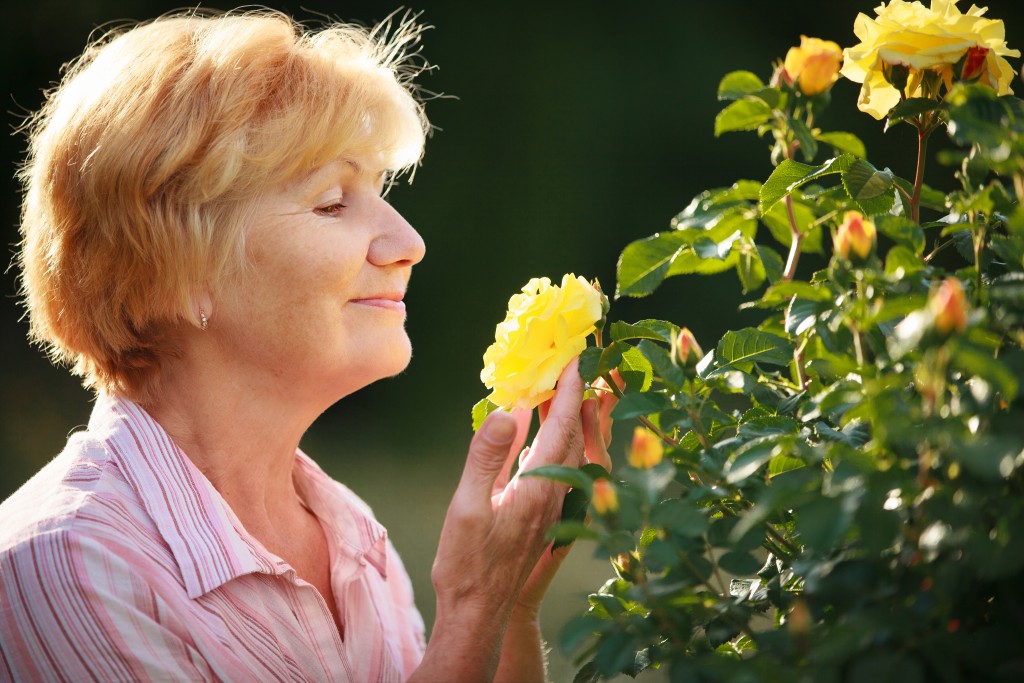 Photo Credit: Gromovataya Photo Credit: Gromovataya It can be frustrating being around people who mirror issues we have and don't like about ourselves, let alone to admit! Just like with all addictions - as dealt with in the 12 step programs - each person has to hit their own bottom and realize it. Only then can and will they choose to make changes that better serve them and those around them. For people in this situation I suggest that they keep doing and developing, making time for, the things that represent “stopping and smelling the roses” for them. You can do these things alone, with others, and even invite the person your thinking about in your question. The key and challenge of course, is fully owning just for yourself those activities and the joy and nourishment they bring you. That means, without attachment, need, manipulation to try to “make” (the same as “get” - both of which indicate force or control over) the other do the same for themselves. Not easy, I know, but the only answer I feel is healthy and truly productive. By being yourself fully, which includes “smelling the roses,” you are living in a good way for you, with just that motivation. Paradoxically, you are then being a model for others to do the same. This was demonstrated to me years ago. How does a minimalist lifestyle contribute to our society from an environmental standpoint?7/5/2018 I was recently asked this question which is a great one, in itself exhibiting awareness. To me, the environmental aspect of a minimalist lifestyle is in a way the most important and is at the heart of the theme. Here's why:
For me and many others who experience discontent with the standard prescribed lifestyle in the States, it is an observation or felt sense that the way of living - especially with so much technology - is out of kilter with a harmonious, respectful relationship with the living world. The development and rise of technology in the West came from a very mental perspective that sought to control nature and the masses. The craving of the mind to understand, know and in that sense have dominion over life is a strong one. Scientific thinking from the Industrial Age, promises a reality that is fixed. This makes life less scary and uncertain and offers the idea that all that we seemingly can’t control in life could be conquered. Man over “God”. I have increasingly been receiving questions about living simply lately. When I changed my lifestyle over twenty years ago I was surprised to discover an actual movement based on the ideas and sensibilities I held, called Voluntary Simplicity. Now, Minimalism has taken hold as the trendy term.
I have some issues around the term, as it seems to hit some people as a a lifestyle change requiring unwanted discomfort, poverty, giving up of "stuff" overall perceived as a sacrifice. All of which has negative connotations and seems to be received sometimes as the hammer of justice telling people what they "should" and "must" do. Ouch. A local woman who has a restaurant came to my authentic Indian cooking class today. When the students went around the circle taking turns introducing themselves and speaking about what the attraction was that brought them to the class, her story surprised me. She shared that she disliked Indian food. She had a particular isue with the spice cumin, that she said made her feel ill. Smelling it was not a problem, but when it was used in dishes she found it overpowering and literally sickening. Another student suggested perhaps she has an allergy to the spice. When she would be visiting her daughter in San Fransisco and they would go to and Indian restaurant, she would bring her own food.
We continued talking about cumin for awhile, two participants shared that they love cumin, and one woman shared that in traditional Mexican cuisine, cumin is used often in the north, but not in the south. I agreed with Laura that cumin can be overpowering and told her, “Well, most of today’s recipes happen to feature cumin, and in fact I had planned to give you all a lesson in cumin! Are you open to having any cumin in the food or do we need to make two batches of the dishes?” She said that a little cumin would be all right and the other students agreed to this adjustment. Last night I had a dinner that felt good to my body and that I felt proud of.
It took days and lots of preparation to have this simple, wholesome meal. Last week, I made a new batch of fermented vegetables, which took about three days to ferment to the point of having a tasty, tangy bite due to the freshly squeezed lemon juice, grated garlic and ginger I added. Six days ago, I started soaking my quinoa for fermented quinoa, to which I added some of the brine from the fermented vegetables. |
Robin Rainbow GateI help people midlife and beyond to find their inner power, health and well being through slow, conscious living Ready to live Your True Life?Categories
All
|
|
|
Sign up here for
|
 Take Good Care of You Wellness Website and Contents by Robin Rainbow Gate is licensed under a Creative Commons Attribution-NoDerivatives 4.0 International License. |

